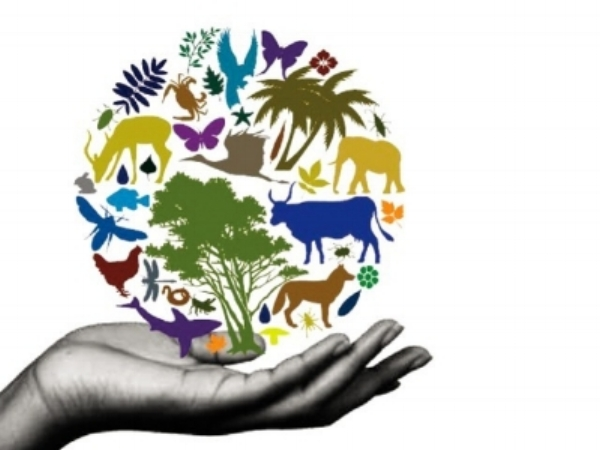What is Biodiversity? And, Why Does it Matter?
What is Biodiversity?
Generally speaking, biodiversity represents the varied collection of both known and unknown (i.e., not yet discovered) species of plants, animals, and other organisms like fungi and bacteria. These species working and existing together results in unique ecosystems.
And, Why Does it Matter?
Biodiversity is itself life, but it also supports human life. As humans, we rely on natural resources to survive, and biodiversity is crucial to ensure those natural resources - for example, clean water - can continue to be available.
At the local level, biodiversity ensures local ecosystems function properly and are able to provide services to the surrounding community, from pollinating flowers or crops, keeping the number of invasive species in check, or helping to ensure migratory species (who also provide ecosystems services) have a safe habitat and abundant food source.
Regionally, biodiversity can be crucial to the economy. For example, the biodiversity of the Everglades is crucial to the tourism economy in Florida. Yes, for Everglades National Park, but also for the surrounding rivers, lakes, and shores where water-based recreation draws visitors year-round. The health of the ecosystems in the Everglades is also a great example as flow of water from this wetland impacts - positively or negatively - the drinking water for south Floridians.
Biodiversity is also crucial from a national or international standpoint as a tool to help mitigate the negative impacts of climate change. Efforts to both preserve and restore biodiversity can help countries reduce their greenhouse gas emissions, given the natural ability of trees, soil, and wetlands to sequester carbon.



Comments
Post a Comment